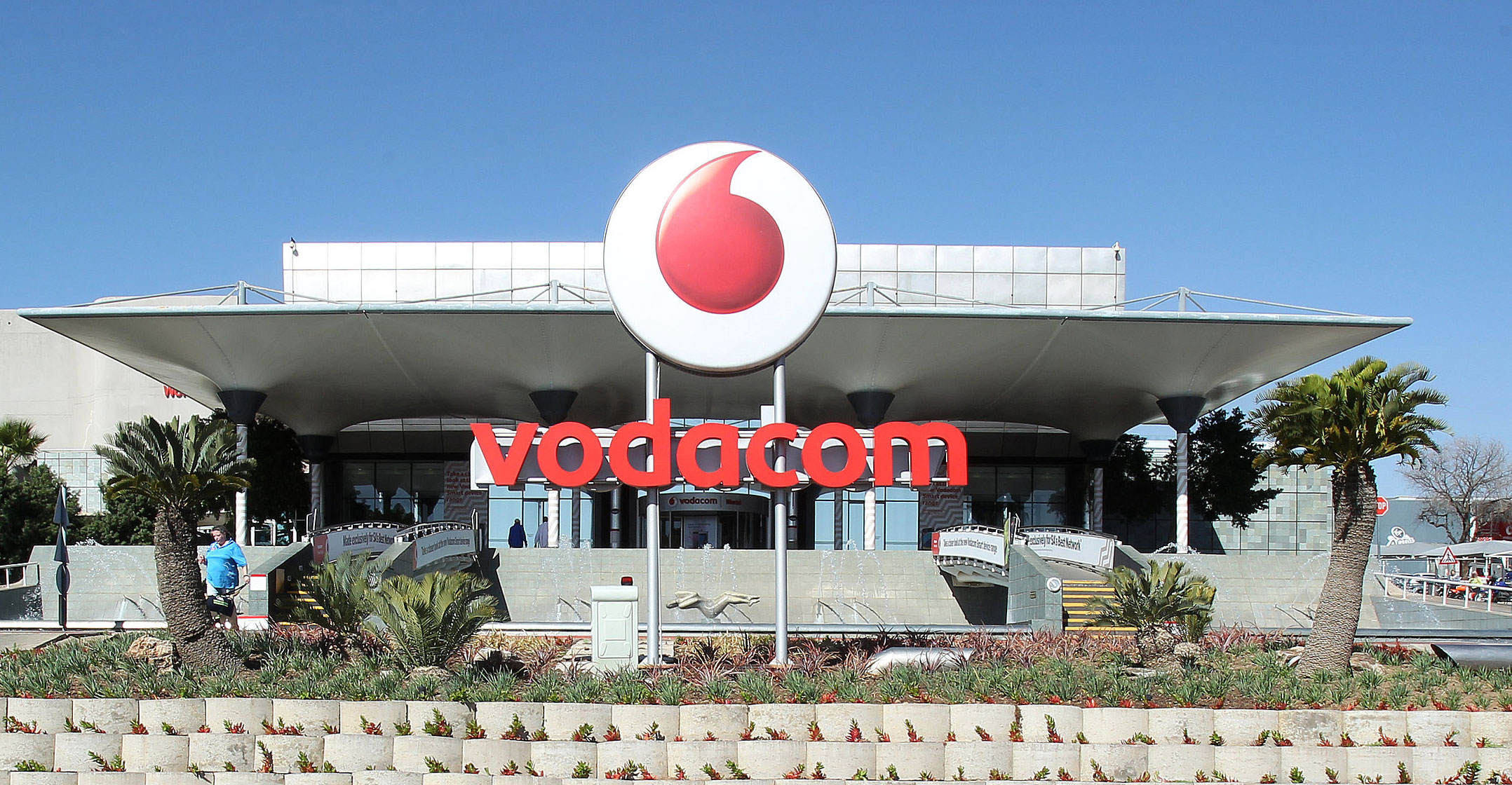
[dropcap]F[/dropcap]riday’s speculation reported by Bloomberg that NTT Group was looking to offload African operations it acquired when it bought Dimension Data in 2010 left me a little uneasy. It isn’t clear if the assets in question are all the group’s assets in Africa or what is far more likely: Internet Solutions. Whether or not it’s only IS is immaterial.
What’s important here is the pattern. And when one considers a wave of foreign disinvestment (or of investment), timing is, obviously, critical. What would be telling — if these assets were to be disposed of — is why NTT is doing so now.
IS has never quite fit into a far larger, far more globally diverse managed services business in Dimension Data. This is not a new revelation. Inside NTT, it’s an even more uncomfortable fit. But, it could have been unbundled during the original Didata transaction (or, it could’ve been sold shortly thereafter). Why now?
Clearly, South Africa is not in a good place currently. A flurry of ratings downgrades over recent months has left us barely clinging onto investment grade. An unstable (and weak) currency is nothing but a headache for foreign firms who have (or have bought) operations in the country. Policy uncertainty makes long-term planning (and investment) very difficult.
If this sale of assets by NTT were to go ahead, more than R10bn will leave the country (they are valued “at about US$800m”, according to Bloomberg).
Barclays’ (slow-motion) sale of its controlling stake in Barclays Africa made everyone sit up and take notice. This is something that made global headline news. This was disinvestment writ large.
Vote of no confidence
The first placing (of 12,2% of Barclays Africa) in May 2016 raised over R13bn. The far bigger chunk (33,7%) sold this month raised nearly R38bn. That’s a R50bn vote of no confidence in the country, and the continent. Had “Nenegate” not happened, would Barclays still have made the decision to hightail it out of Africa (and, most importantly, South Africa)? A lot of smart — and well-connected — people suggest not.
Barclays will argue (and it has!) that this has nothing to do with South Africa and everything to do with European banking regulation. Ho-hum!
It sounds a lot like the excuse proffered by General Motors for its planned exit from South Africa, after being here for 90 years. It called it “a business decision, based on GM’s global business priorities”.

If our economy was growing at a decent clip, and if sub-Saharan Africa was, too, GM’s decision might not have been so simple (other car makers have been blunt and suggested that without the mammoth subsidies provided by the state, they’d be long gone).
But the disinvestments aren’t limited to only Barclays and GM (and possibly NTT). India’s Tata Communications dumped Neotel for R6,5bn last year and Saudi’s Oger Telecom is happy for its majority shareholding in Cell C to be halved to 30% following its recapitalisation. And Anglo American is selling most of its operations in South Africa. At this point, this has been confined to platinum, manganese and coal assets. But if it can find a buyer for Kumba Iron Ore, that’ll be gone, too.
Malaysia’s Petronas has been trying to sell its 80% stake in Engen for a while. In 2015, when PetroSA still harboured outlandish ambitions to buy it, it had a price tag of R18bn. Sinopec (China Petroleum and Chemical Corporation) bought Chevron’s local operations (Caltex) for $900m earlier this year. Ironically, this price was dampened by the roughly R40bn in refinery upgrades required at Chevron’s Cape Town plant (this is one of the reasons the sale took longer than three years).
Look around … there aren’t too many external buyers for these assets! They’re mostly being snapped up by local (or regional) capital. The Public Investment Corporation bought a further 7% of Barclays Africa in this month’s placing. Allan Gray (on behalf of clients) more than doubled its holding to over 5% (in the coming weeks, we’ll know who else bought sizeable chunks). Neotel was bought by regional player Liquid Telecom.
MTN Group’s name seems to crop up in nearly every possible transaction in the tech/media/telecoms space. It’s cited in the Bloomberg report as one of the buyers of IS (this might not go down too well with competition authorities). It was also named as a potential acquirer of Naspers’s pay-TV assets in the rest of Africa.
What would be cause for panic?
A glance down the list of the country’s largest listed companies offers two where “sell-downs” would cause more than indigestion.
Vodafone clearly has something up its sleeve, given the folding of its Safaricom holding into Vodacom. What gives some hope is that it is retaining a tiny direct stake of 5%. If Vodafone Ghana (run by Yolanda Cuba) gets folded into Vodacom, then a sale of the African business could be a hop, skip and a jump away.
And one wonders just what sums are being run by Wal-Mart Stores in Bentonville, Arkansas…
- Hilton Tarrant works at immedia
- This column was first published on Moneyweb and is used here with permission

